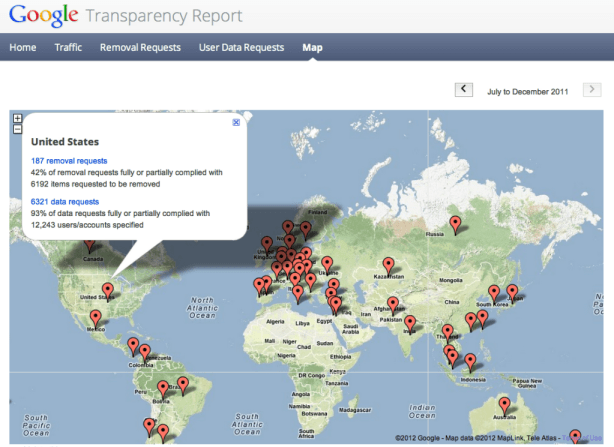
Early last month I wrote a piece entitled
Do Not Track Is An Opportunity, Not a Threat. In it I covered Microsoft’s controversial decision to incorporate a presumptive “opt out of tracking” flag in the next release of its browser, which many in the ad industry see as a major blow to the future of our business.
In the piece, I argued that Microsoft’s move may well force independent publishers (you know, like Searchblog, as well as larger sites like CNN or the New York Times) to engage in a years-overdue dialog with their readers about the value exchange between publisher, reader, and marketer. I laid out a scenario and proposed some language to kick that dialog off, but I gave short shrift to a problematic and critical framing concept. In this post, I hope to lay that concept out and offer, by way of example, a way forward. (Caveat: I am not an expert in policy or tech. I’ll probably get some things wrong, and hope readers will correct me if and when I do.)
The “concept” has to do with the idea of a first-party relationship – a difficult to define phrase that, for purposes of this post, means the direct relationship a publisher or a service has with its consumer. This matters, a lot, because in the FTC’s recently released privacy framework, “first-party marketing” has been excluded from proposed future regulation around digital privacy and the use of data. However, “third-party” marketing, the framework suggests, will be subject to regulation that could require “consumer choice.”
Read More
 So, casually reading through this Fast Company story about sexy female Twitter bots, I come across this astounding, unsubstantiated claim:
So, casually reading through this Fast Company story about sexy female Twitter bots, I come across this astounding, unsubstantiated claim:








